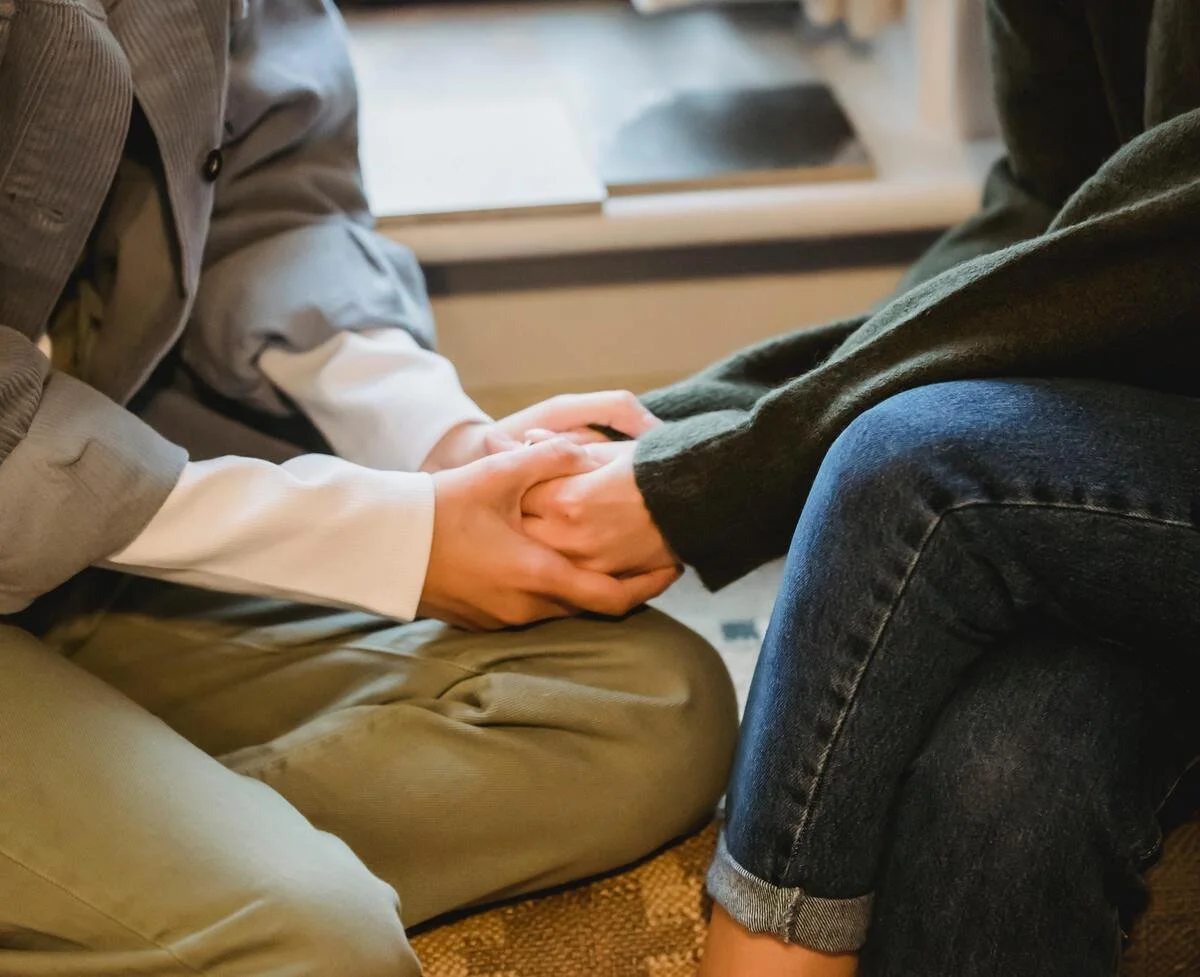In the early stages of addiction recovery, it is not uncommon for the newly sober to discover their current living environment is creating a roadblock on their journey, as they may find themselves surrounded by distractions, stressors, and temptations that can usher in a relapse. In this post, we will explore the benefits of a sober living home, what you can expect from sober living requirements, and how changing your environment can radically encourage your recovery goals. Keep reading to learn more.
The Power of Ritual: 8 Tips to Create a Sober Morning Routine
There is no sugarcoating that the early days of sobriety are difficult. Adjusting to new routines and mindsets without the influence of drugs or alcohol comes with a unique set of challenges and experiences. These challenges are a natural part of the recovery process, but it’s important to remember–just because sobriety is tough doesn’t mean it has to be hard. Read on to learn how a sober morning routine can help you hack your recovery goals and invite more ease into your day.
Marriage and Mental Health: How to Support a Spouse With Depression
Depression can have devastating effects on those who suffer from it and their loved ones. If your spouse or partner is suffering from depression, the symptoms can have a strained impact on your marriage. However, your support is vital to helping your spouse as they work to overcome their mental health struggles. Keep reading to learn what you can do to help.
6 Must-Listen Addiction & Recovery Podcasts to Support Your Sobriety
One of the hard truths of recovery is sticking with your decision to lead a sober lifestyle takes work. It isn’t a choice you make once, but rather one that you keep making time and time again. When the sobriety motivation starts to wane, having an arsenal of resources to support you can help you get through the tough moments without risking the progress you’ve already made. Grab your headphones and your favorite booze-free treat, here are 6 empowering recovery podcasts to keep you motivated on your path to sobriety.
How to Talk to A Child About a Parent Going into Addiction Treatment
Learn 7 tips for talking to children about a family member's addiction and entering treatment. It emphasizes the importance of preparation, creating a positive and supportive environment, explaining addiction in age-appropriate terms, discussing treatment, validating children's feelings, seeking additional support, and highlights the services offered by The Walker Center for mental health treatment and family therapy.
What Are Substitute Addictions & How Can You Avoid Them In Recovery?
What are the 5 Stages of Mental Health Recovery?
There are 5 stages of mental health recovery. The stages include accepting support, educating yourself, taking action, building the framework, and committing to recovery. Each stage involves different aspects of seeking help, gaining insight, implementing tools, finding fulfillment, and making a commitment to ongoing recovery.
6 Stress Management Tips to Boost Your Recovery
Rethink the Drink: Alcohol Awareness Month and What You Can Do To Help
10 Alcohol-Free Things to Do in Twin Falls, Idaho This Weekend
How To Help: What To Do When Your Loved One Won’t Seek Treatment
What’s The Link? The Relationship Between Substance Abuse and Eating Disorders
The Dark Side of Adderall: What You Need To Know
11 Inspiring Sober Instagram Accounts to Follow for Recovery Support
Opioids, Opiates, and Stimulants: What's The Difference?
Oxycontin Addiction: 5 Lesser-Known Signs of Opioid Abuse
Opioid addiction plagues millions of lives in our modern society. Have you recently noticed a change in appearance that has caused you to suspect your loved one is suffering from an addiction? Maybe they have recently undergone a life event such as a job loss, legal trouble, or an injury that requires a pain medication like Oxycontin or Percocet.
How To Talk To Someone About Their Drug or Alcohol Use
Facing the realization that your friend or loved one has been abusing drugs or alcohol is a tough reality to face. You may have noticed signs that your friend or family member has been struggling with a private battle or recently discovered their problem. Opening a dialogue about their substance abuse is a process often plagued by feelings of guilt, self-blame, worry, and frustration, but providing your loved one with a safe and supportive foundation can help them recognize they need help and keep them committed to recovery.
How to Make Friends in Sobriety: A Guide for Sober Adults
There is a lot of pain in realizing some relationships only value you as a drinking buddy and party friend, or that addiction may have harmed your most cherished connections. However, this realization can also guide you to friendships that value and accept you as you are on your current path.
Making new friends as an adult may seem intimidating, but committing to this process can help you establish truly meaningful relationships and help you sustain a sober lifestyle. With this in mind, here are 4 ways to get started finding friends as a sober adult.
Starting The Year Off Right: Forgiving Yourself Through Mindfulness
The new year is a time for taking a step back to ask yourself how things went. What our minds usually like to do is focus on the negative aspects. I didn't do X. I should have done Y. It's easy to get caught up in regret. However, it's not healthy. We must be kind and forgive ourselves. And one of the best ways to reflect positively is through the practice of mindfulness. But how can you use mindfulness to be more healthy, self-aware, and successful this year.
Here, we cover these topics and give you tools to tackle the new year head-on.
6 Ways to Support Your Sober Friends This Holiday Season
Over the holidays parties, family gatherings, get-togethers with friends, and enormous Christmas dinners come hand in hand. It can be easy to forget that the festive season is about spending time with those we love, not just hopping around from gathering to gathering.
This can pose particular challenges for people in recovery. Being surrounded by triggers and temptation leads to relapse. How can you support your friend or family member trying to recover during this time?






















